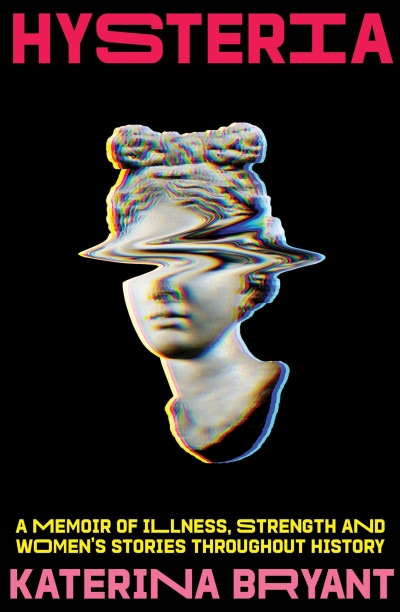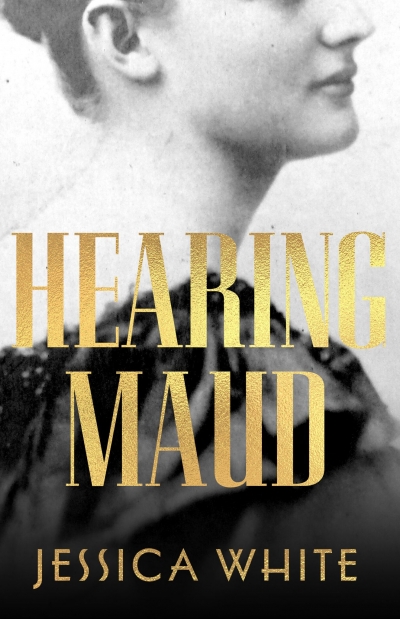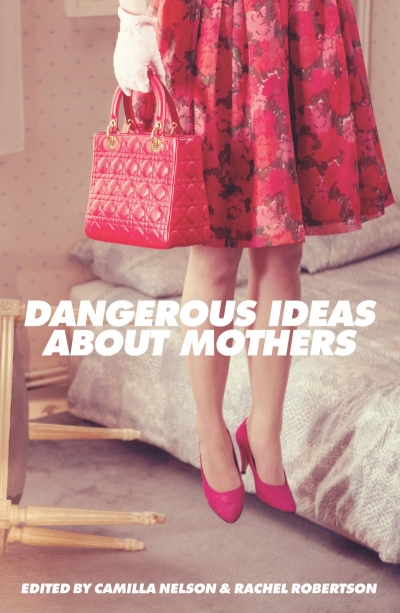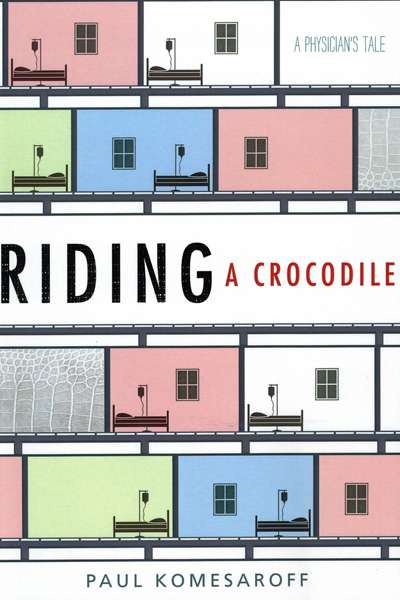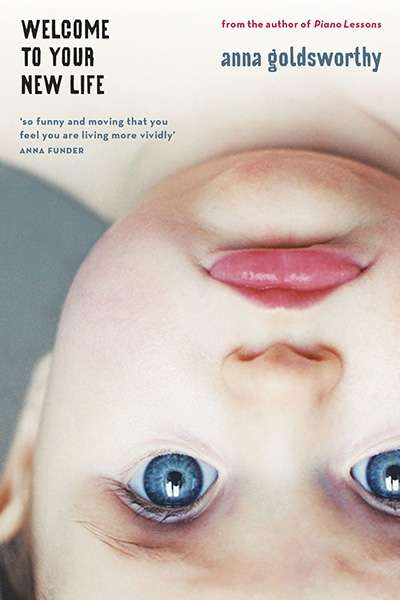Rachel Robertson
Hysteria: A memoir of illness, strength and women's stories throughout history by Katerina Bryant
by Rachel Robertson •
Dangerous Ideas about Mothers edited by Camilla Nelson and Rachel Robertson
by Felicity Plunkett •
The Best Australian Stories 2017 edited by Maxine Beneba Clarke
by Rachel Robertson •
Riding a Crocodile: A physician’s tale by Paul Komesaroff
by Rachel Robertson •
Boomer & Me: A memoir of motherhood, and Asperger’s by Jo Case
by Rachel Robertson •

